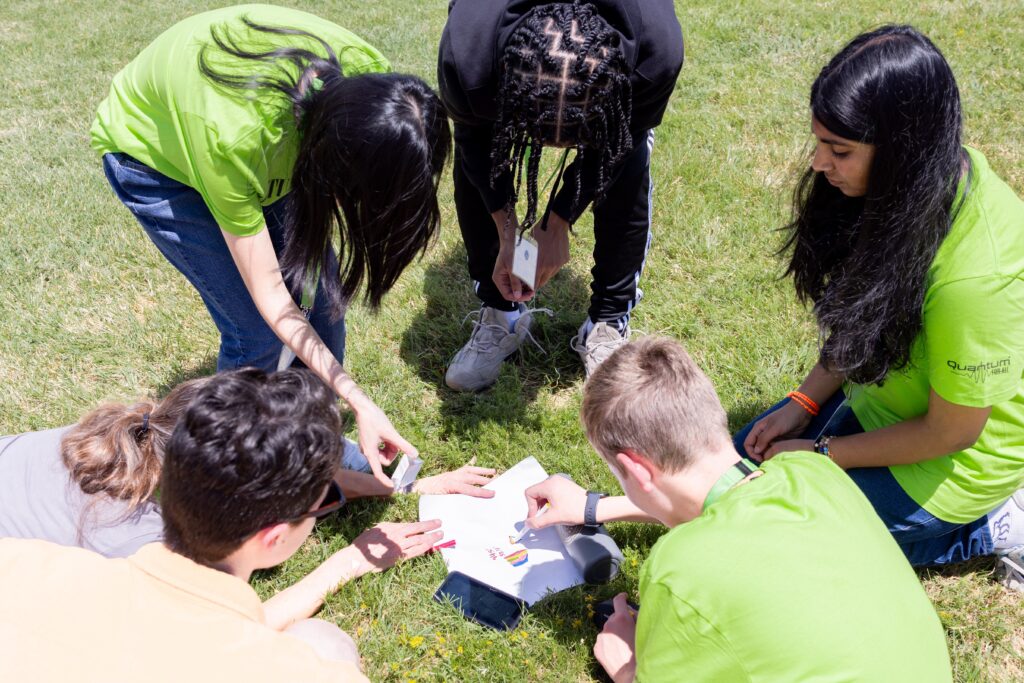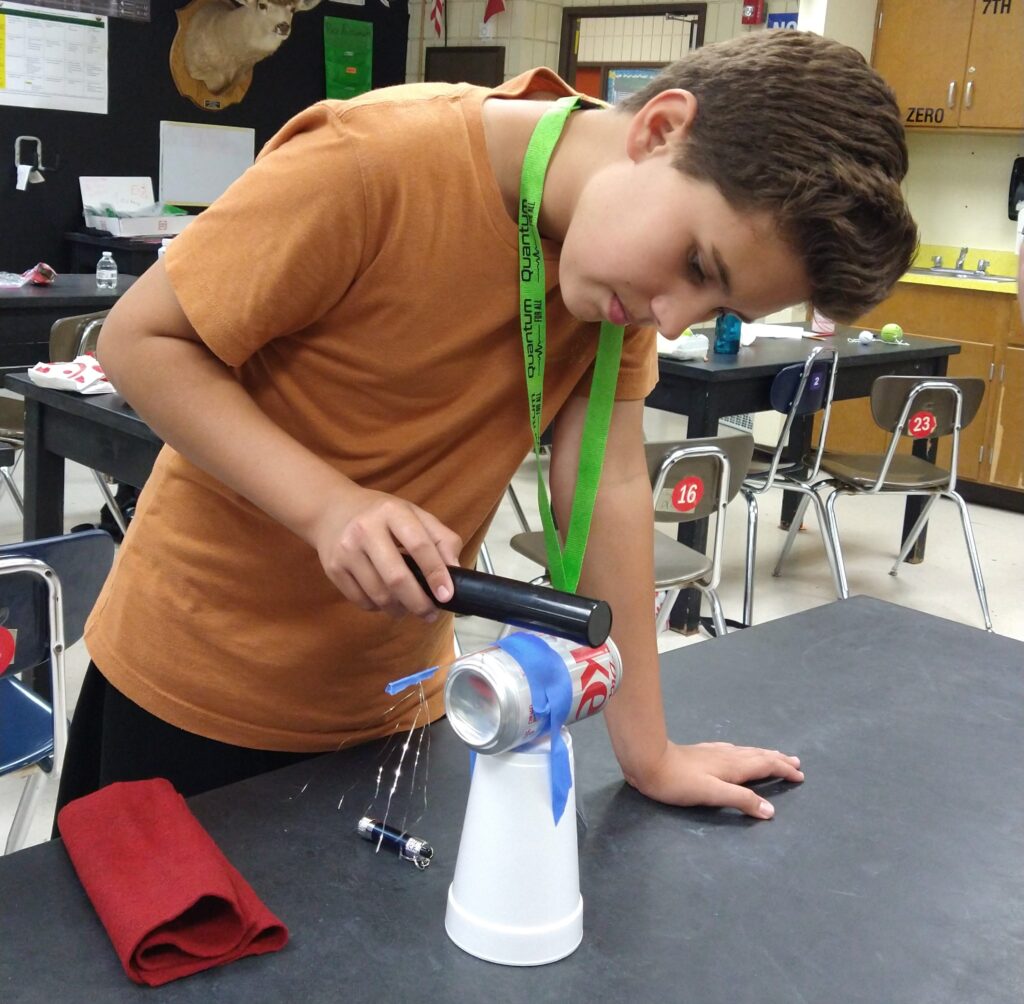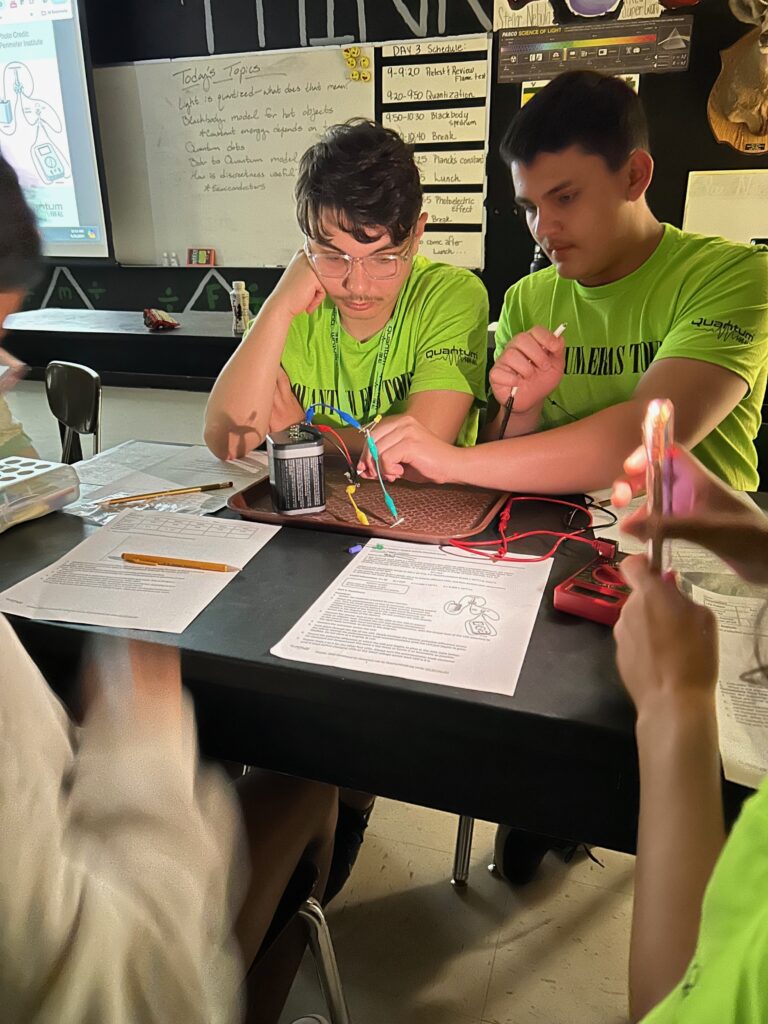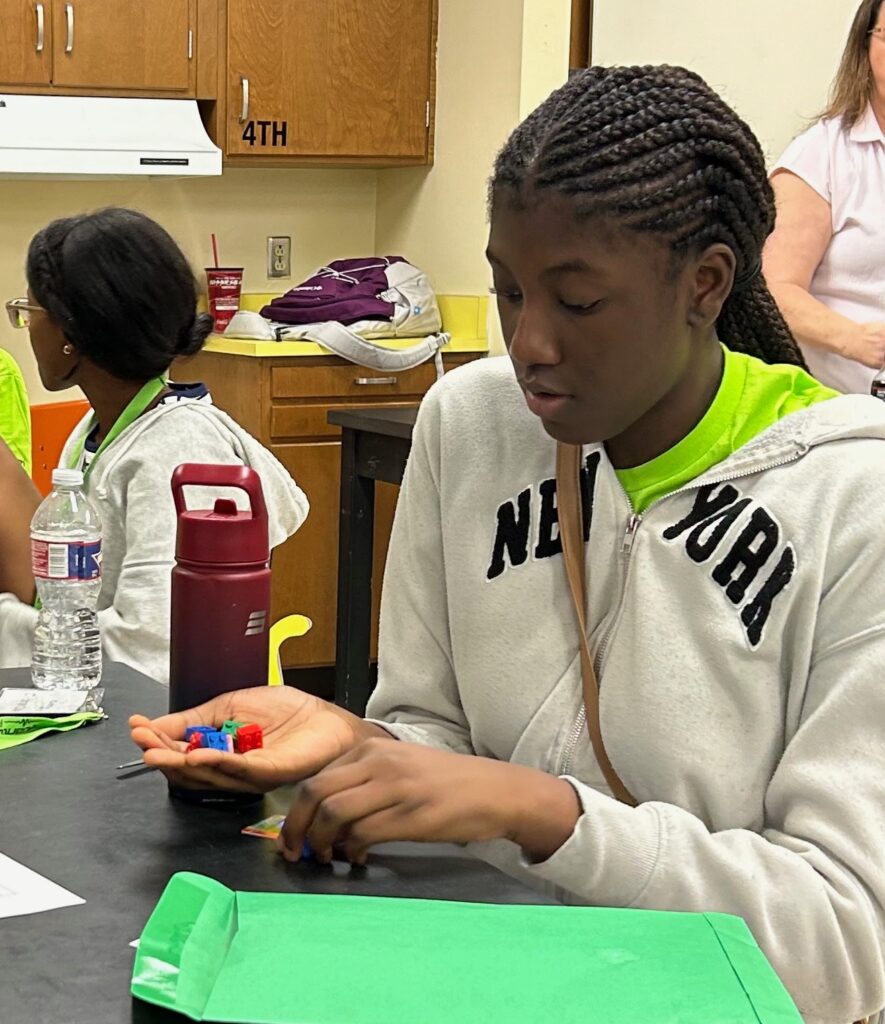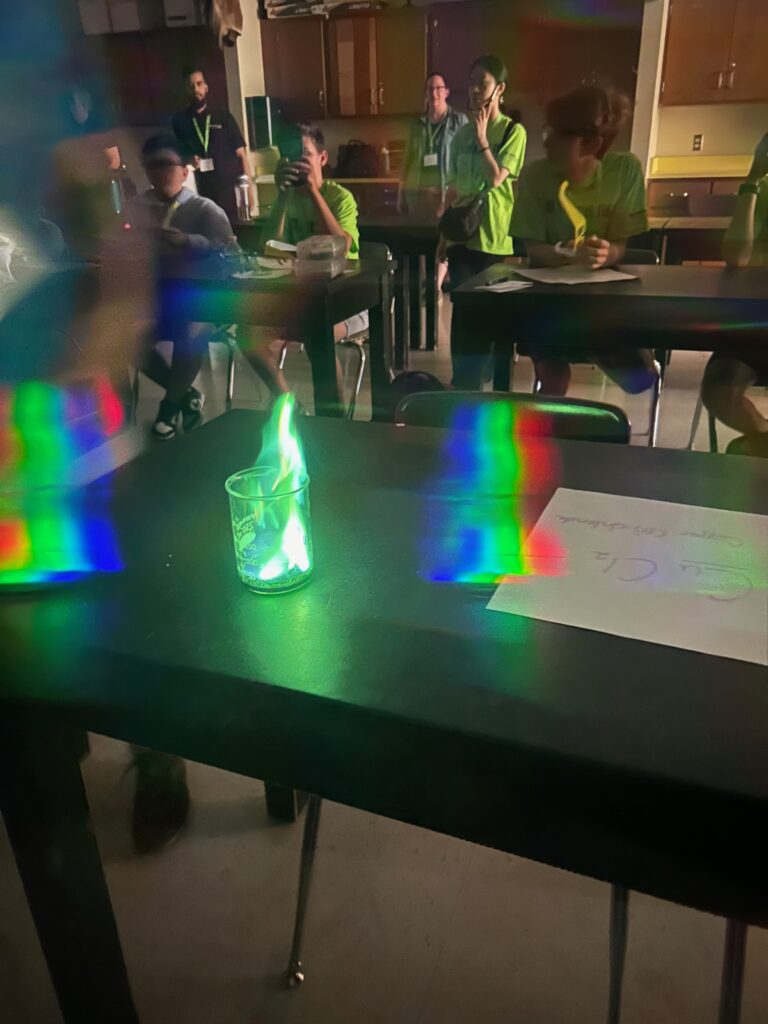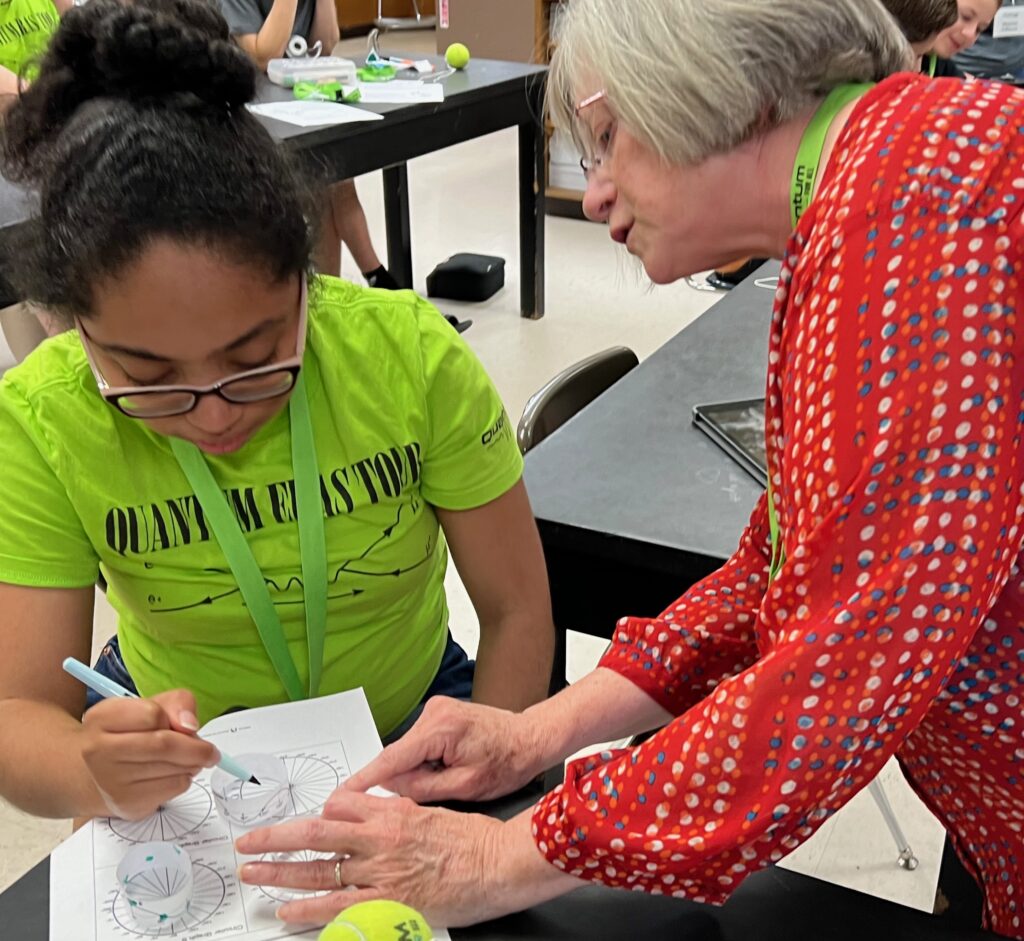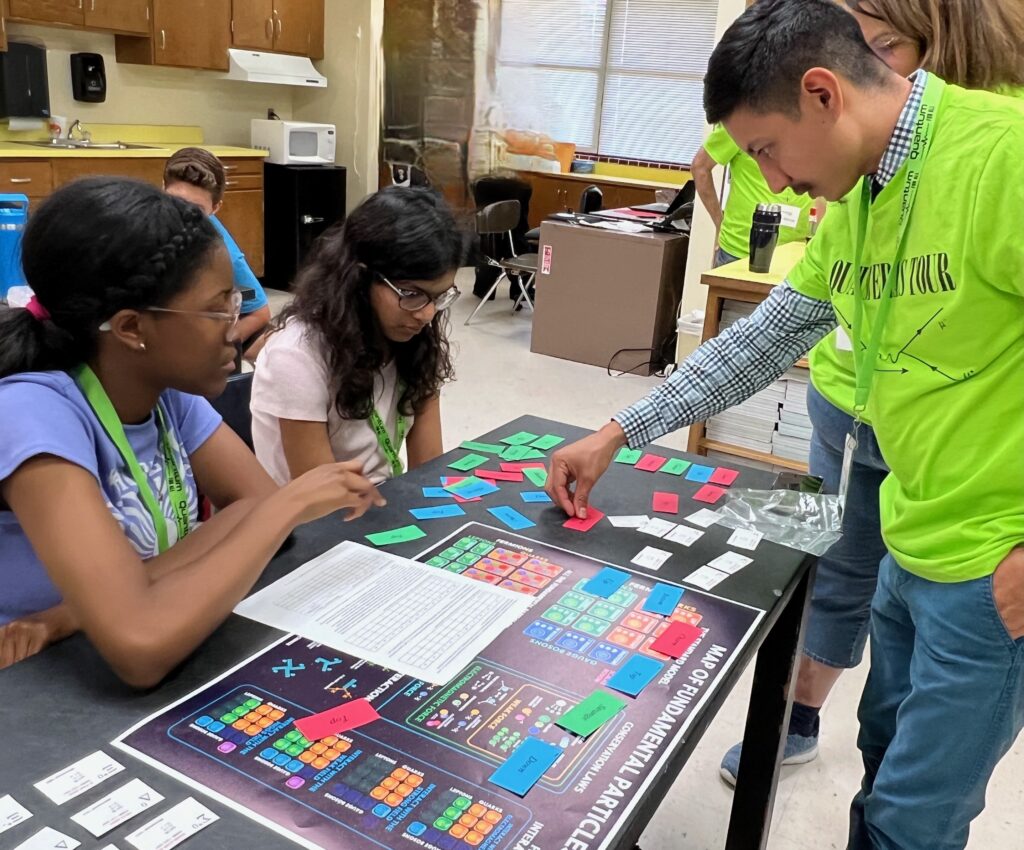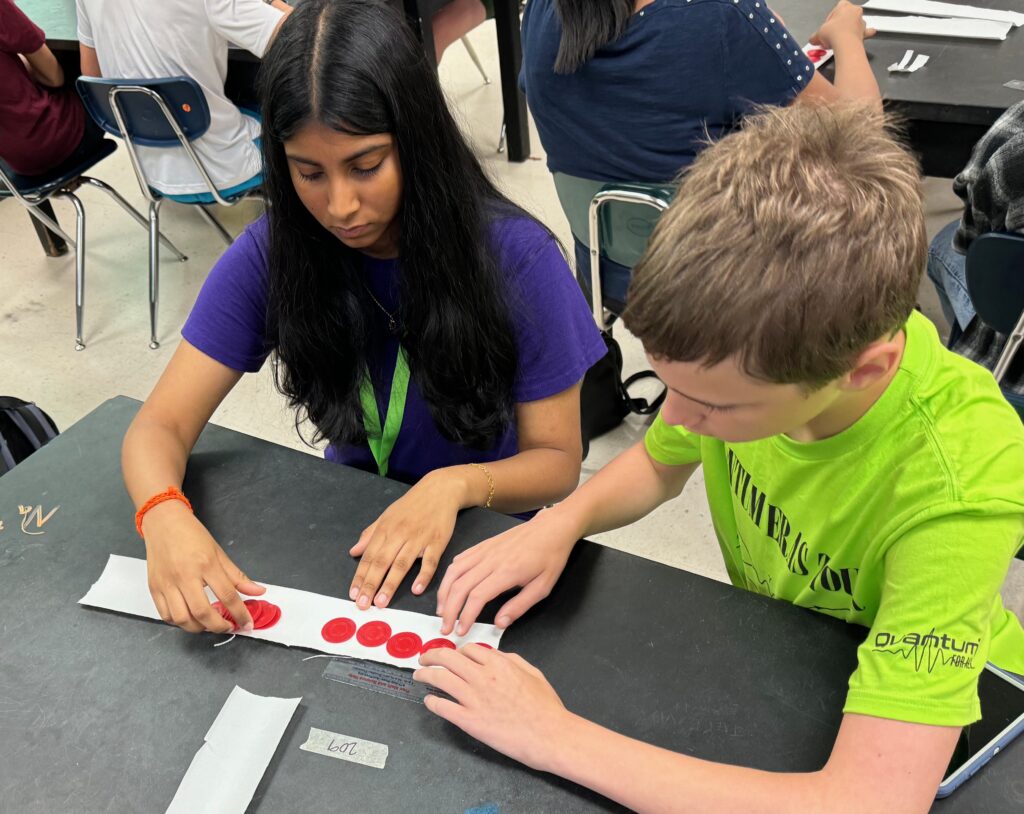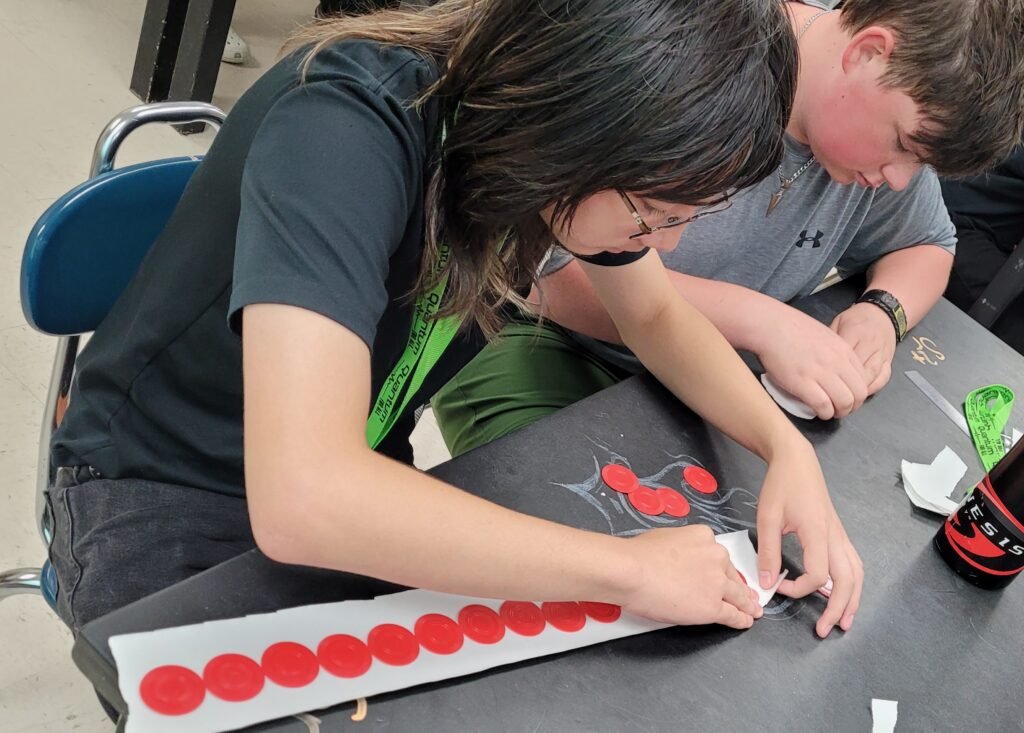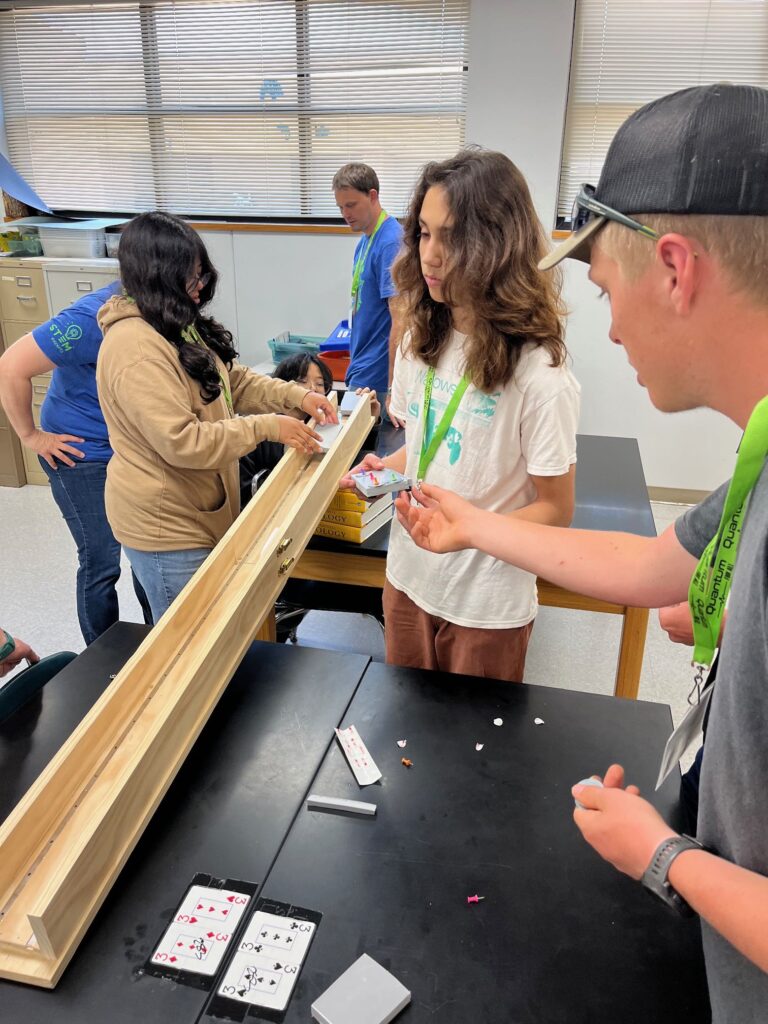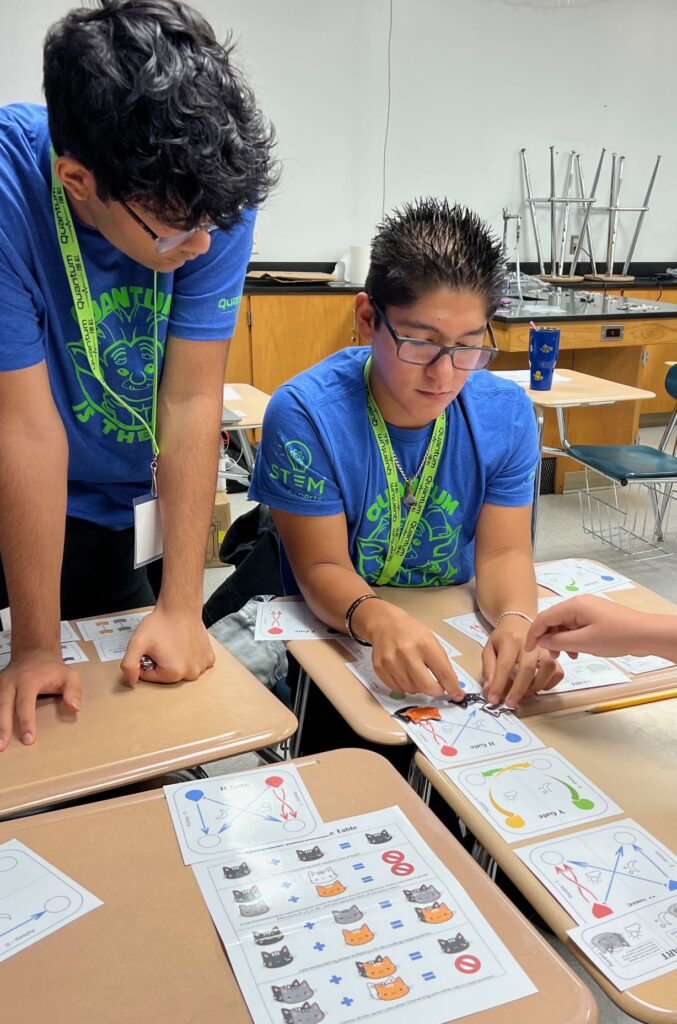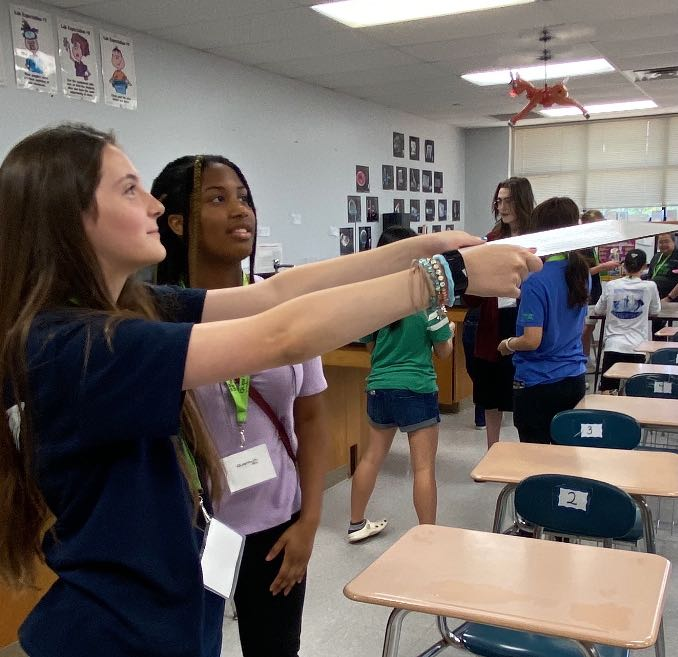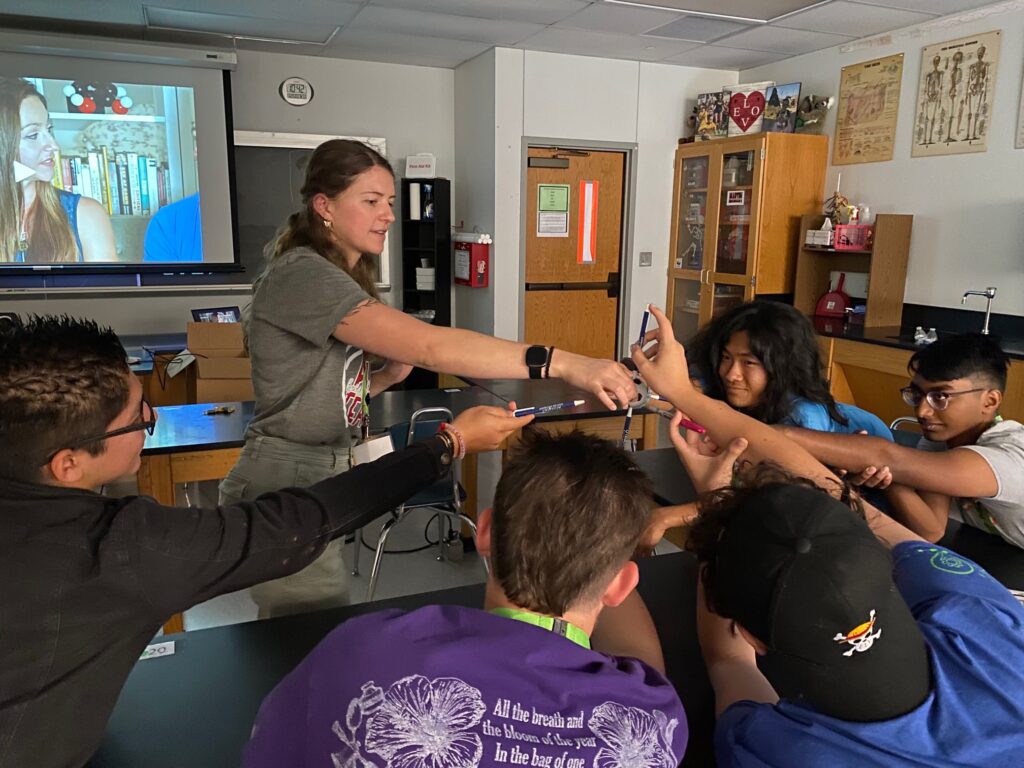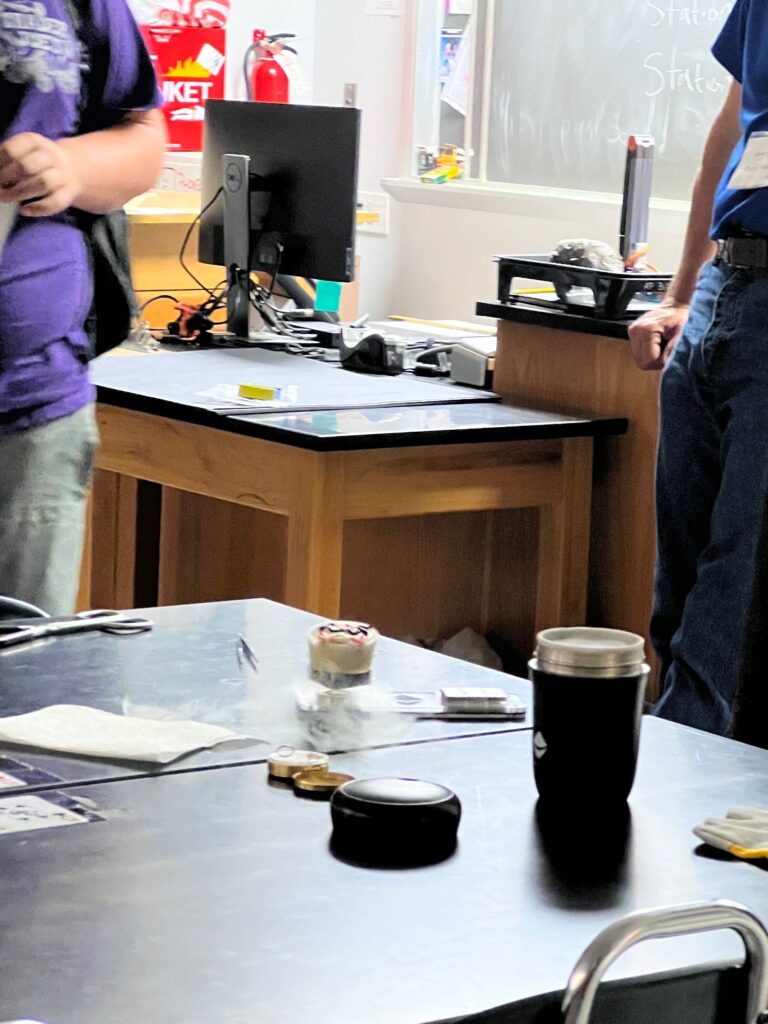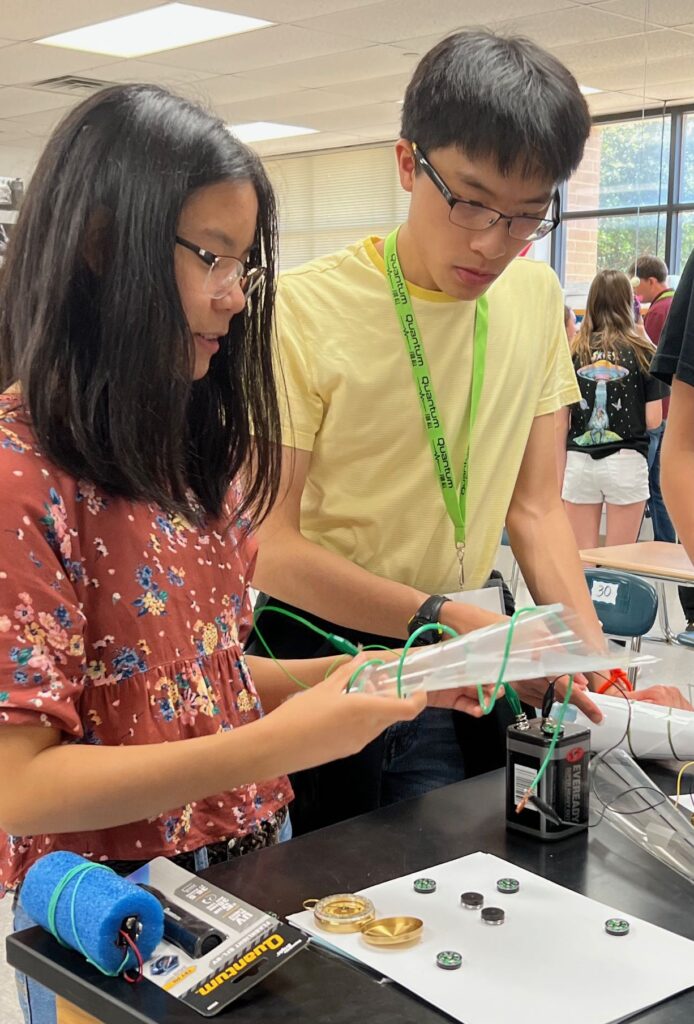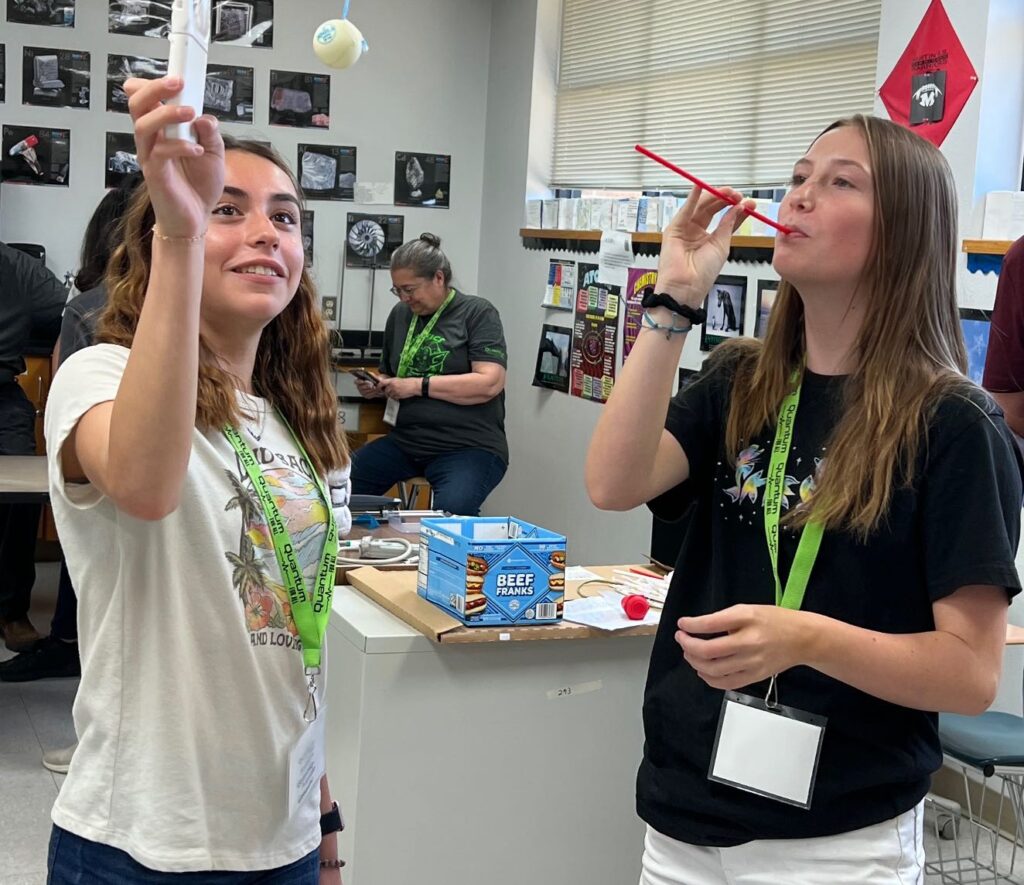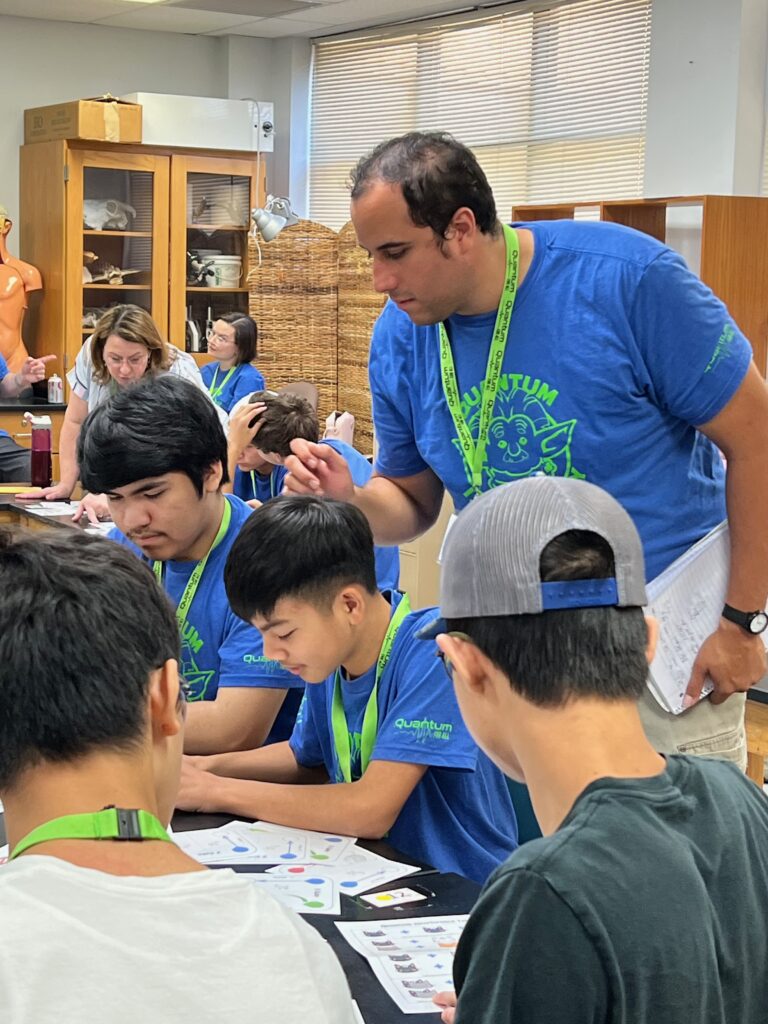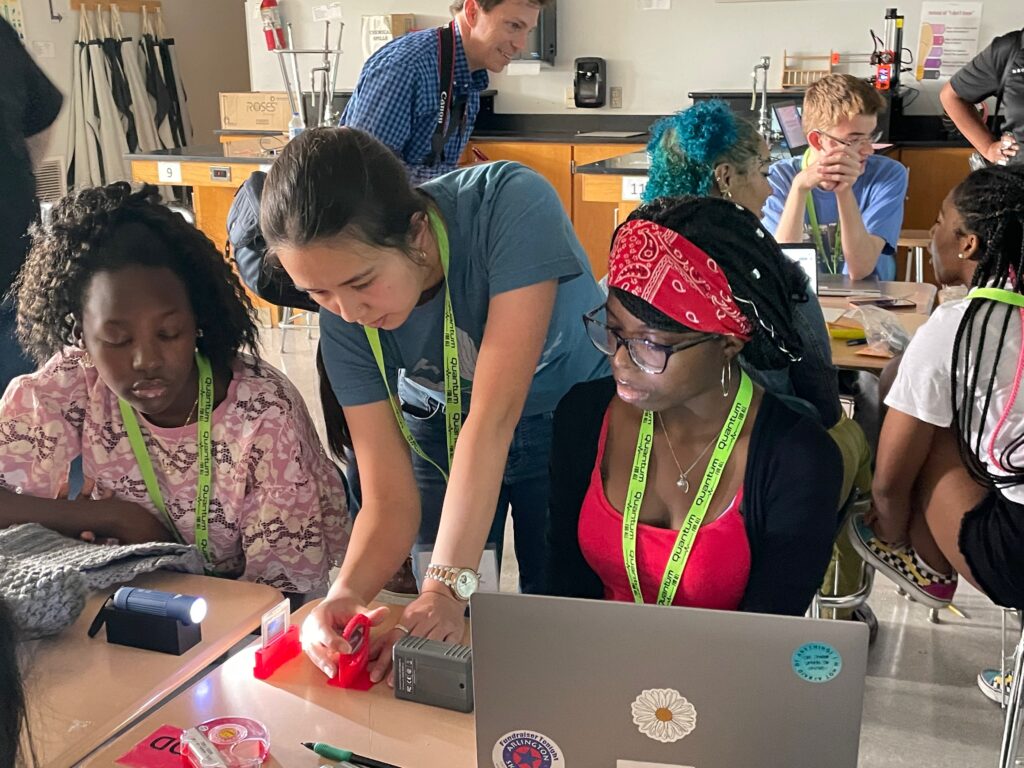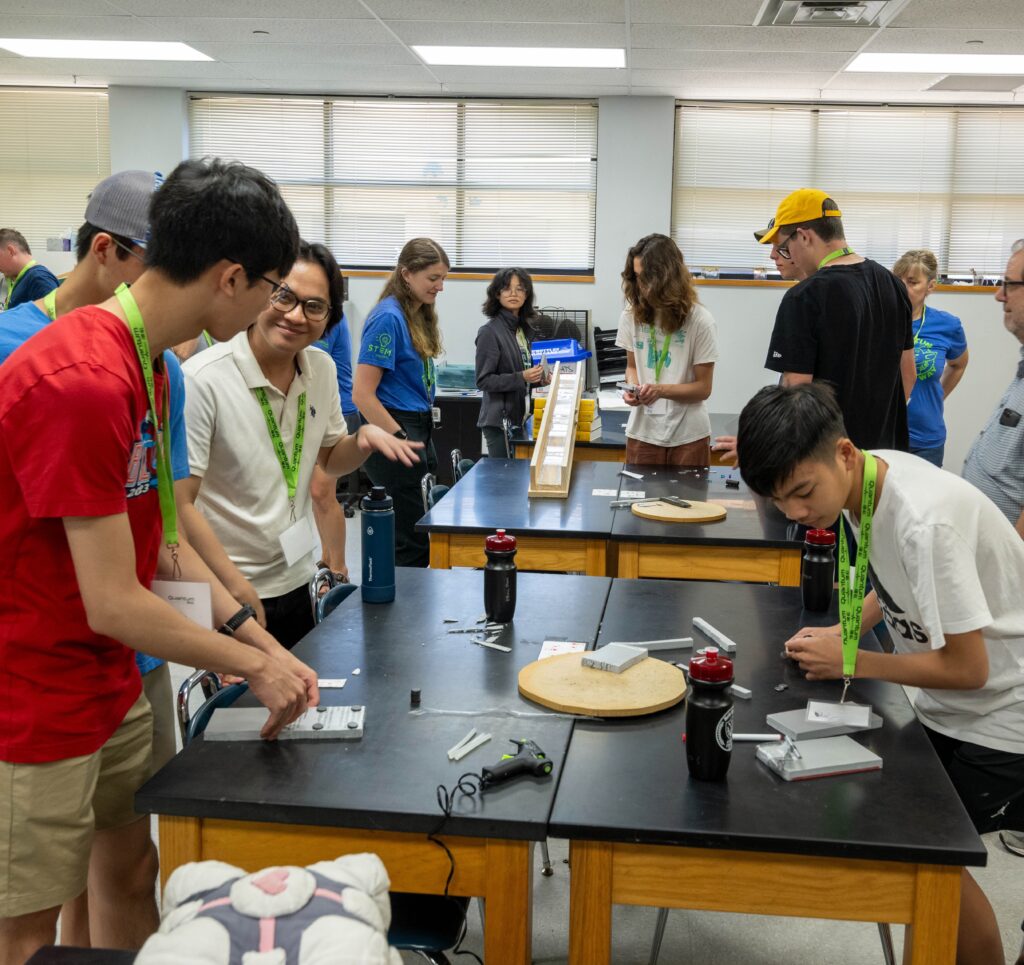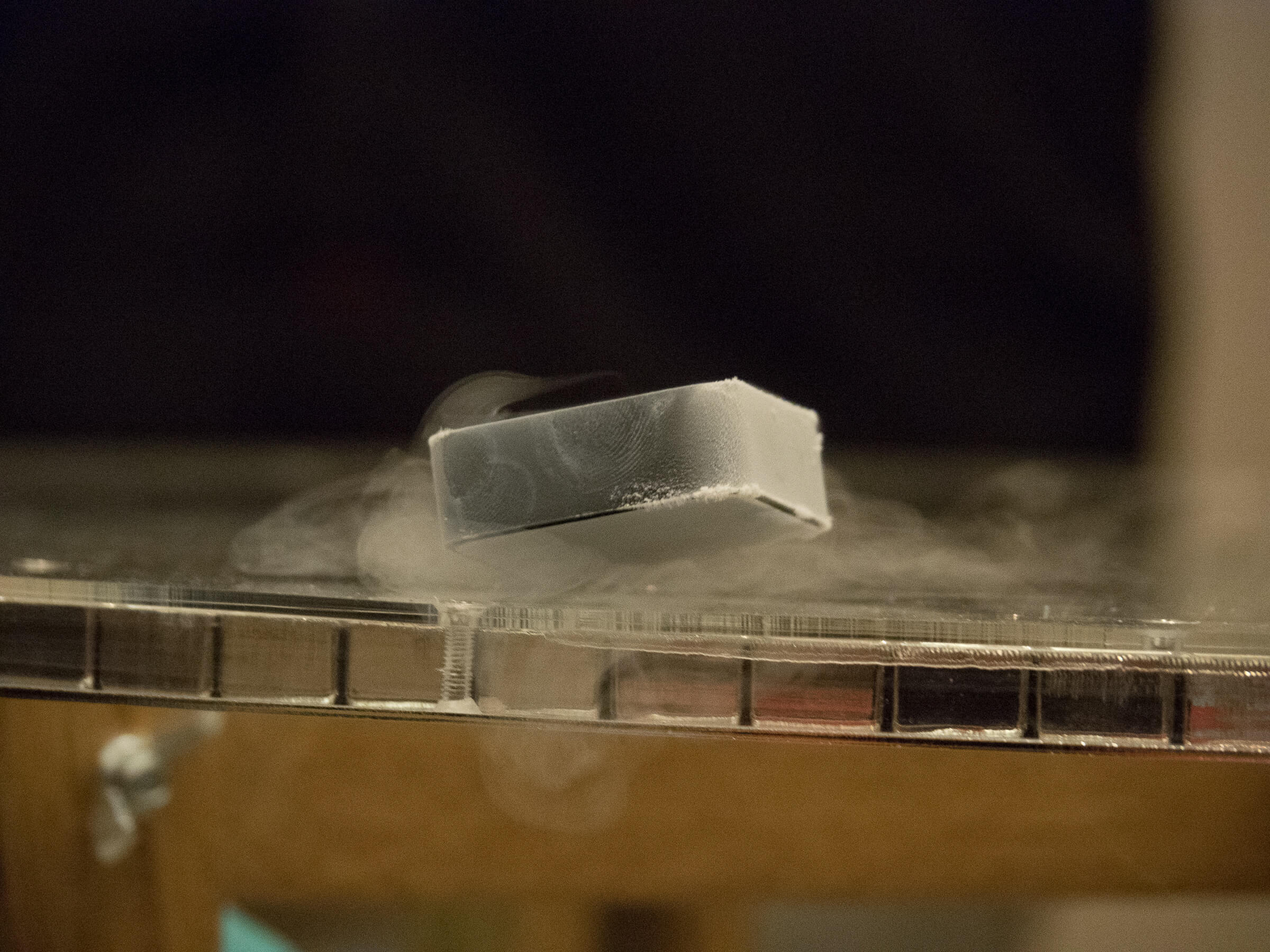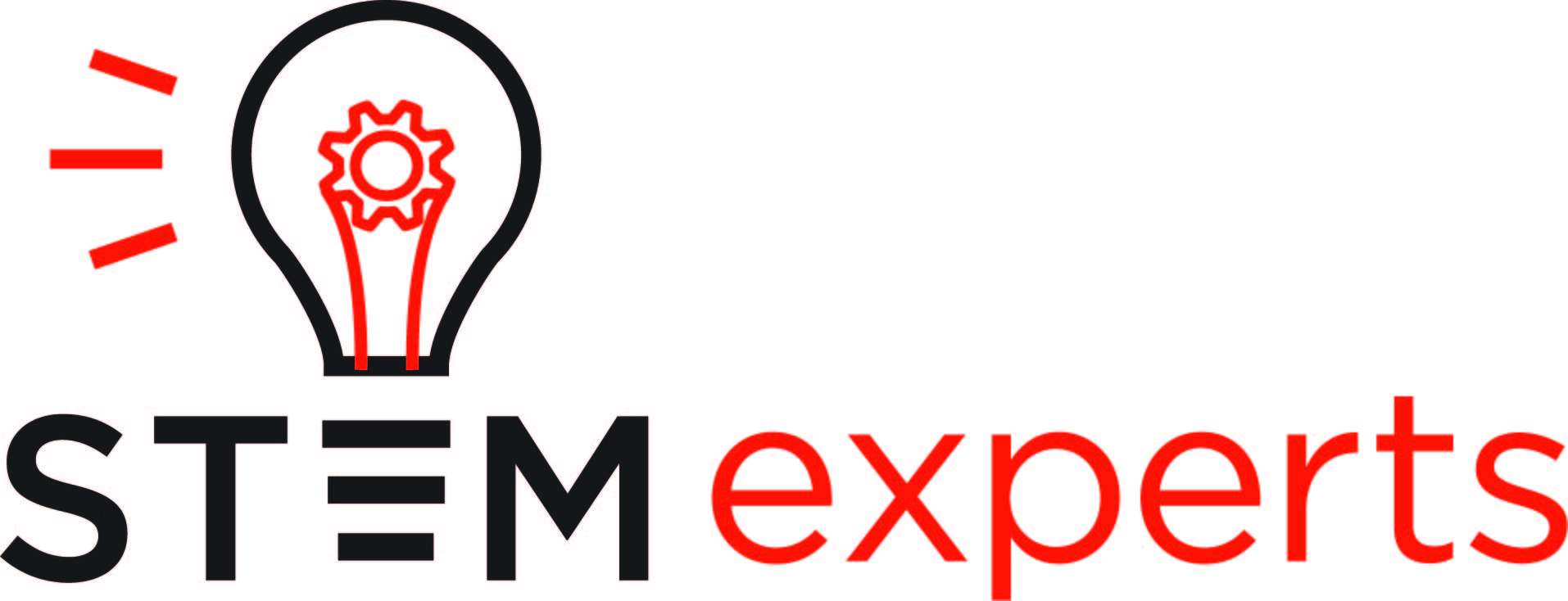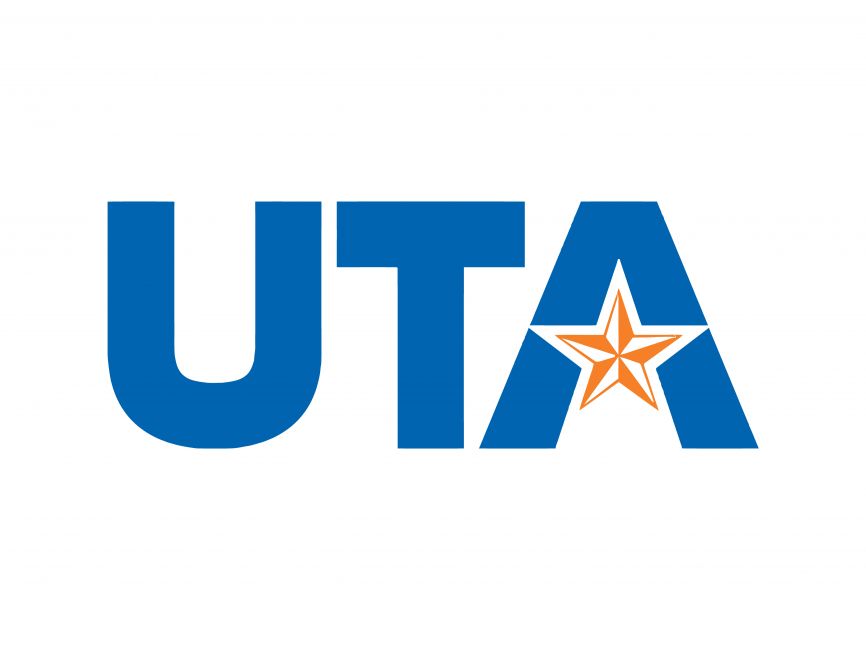Student STEM Camp Topics
Student STEM camps provide an engaging learning experience for students in grades 9-12 to learn about quantum and how it relates to their lives as well as things they are learning in school. Our goal is to increase their awareness of quantum and possible future career opportunities . Topics are developed and tested by both teachers and students.
If you wish to have a Quantum STEM Camp in your district please contact us for more information. The Camp can be one day or several days and can be over many different topics. Some of the commonly bundled topics are listed below. For more videos and pictures go to our STEM Camp page. Below are camp topics that have been successful!
Engineering Design and 3D printing: includes Tinkercad design, problem solving and basics of computer programming. Students learn to design a component of an experiment that has specifications and must coordinate with other "developers" for success.
Wave Particle Duality: is light a wave or a particle? or is it both? How do we know what it is and how can light be used to detect something we can't "see" light gravitational waves? Students learn about interferometry and develop an understanding of how LIGO actually works.
Superposition and QKD: security is important when it comes to credit cards and bank accounts, but how does that work? Students learn how can uncertainties in quantum behavior can be used to encrypt information and detect an eavesdropper.
MagLev and Quantum Levitation: Many items utlilize magnetic fields as well as quantum technology. MagLev Trains are an example of how engineering is embracing quantum concepts. Students learn about superconductors, magnetism, and the Meissner effect through an engineering design project which focuses on maglev trains,
Bohr or Quantum: the model of the atom has been taught within the limitations of the Bohr model, although this model is actually incorrect. Students learn about the energy levels and quantum model of the atom through engaging activities involving glo sticks, quantum dots, and other phenomena.
Classical or quantum computers: understanding classical computers, semi conductors, and transistors provides a basis for understanding computer, gates, and qubits. Students will learn about phase changes, quantum states, and cryptography.
Laser Cooling: lasers are typically thought of as a device that can be dangerous due to the "heat" of the laser, however lasers also are used to cool atoms. Students will learn about Doppler shift, conservation of momentum, how lasers are tuned, and understand some of the applications for quantum technology.
Entanglement: is a phenomena where two or more particles are connected even when separated by a large distance. It's a fundamental concept of quantum mechanics and is at the heart of future quantum technologies.
Heisenberg Uncertainty Principle: simply stated this principle states that it is impossible to simultaneously know the exact position and momentum of a particle.
Radioactive Decay/Randomness: radioactive decay can model randomness and probability and help understand the more complex concepts related to conservation of momentum and energy.
Quantum Tunneling: is a phenomena predicted by Oppenheimer where tiny particles can pass through a barrier, even when it doesn't have enough energy, due to the wave-like nature of the particle.

